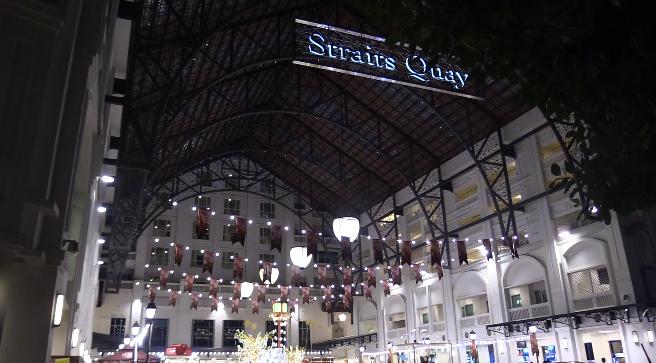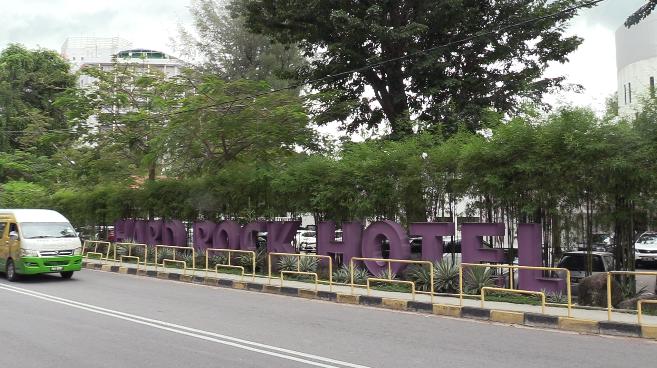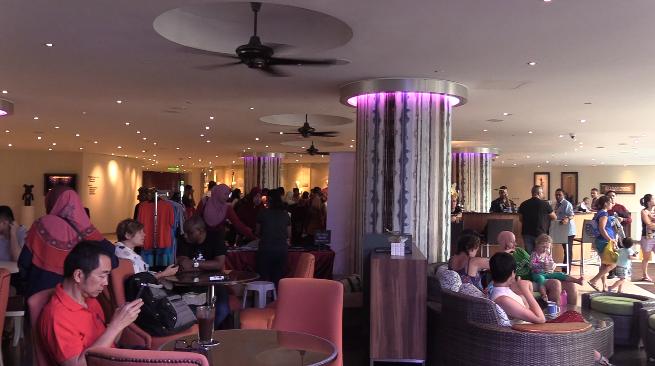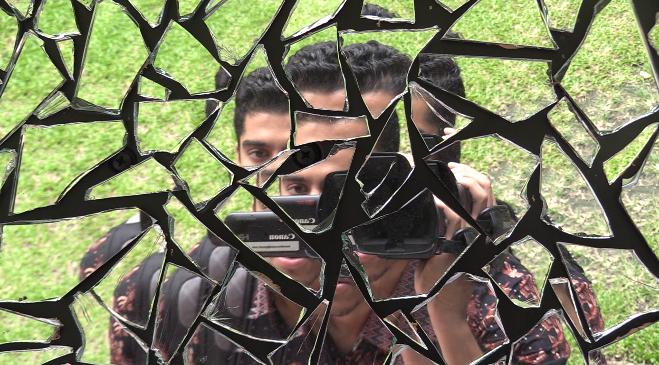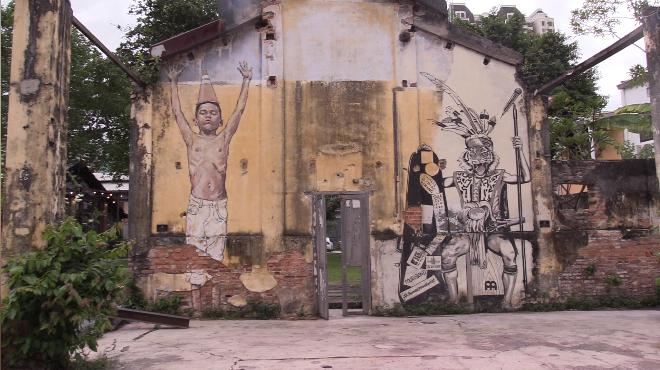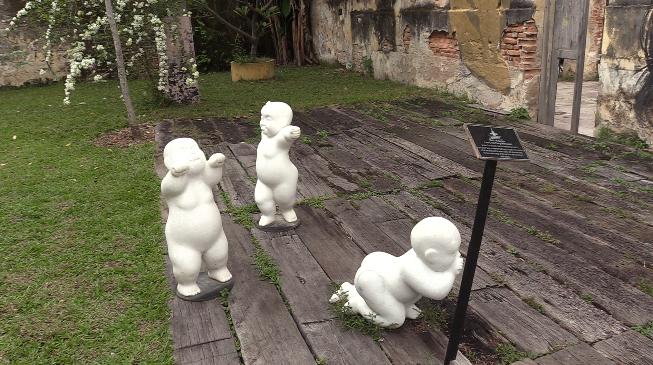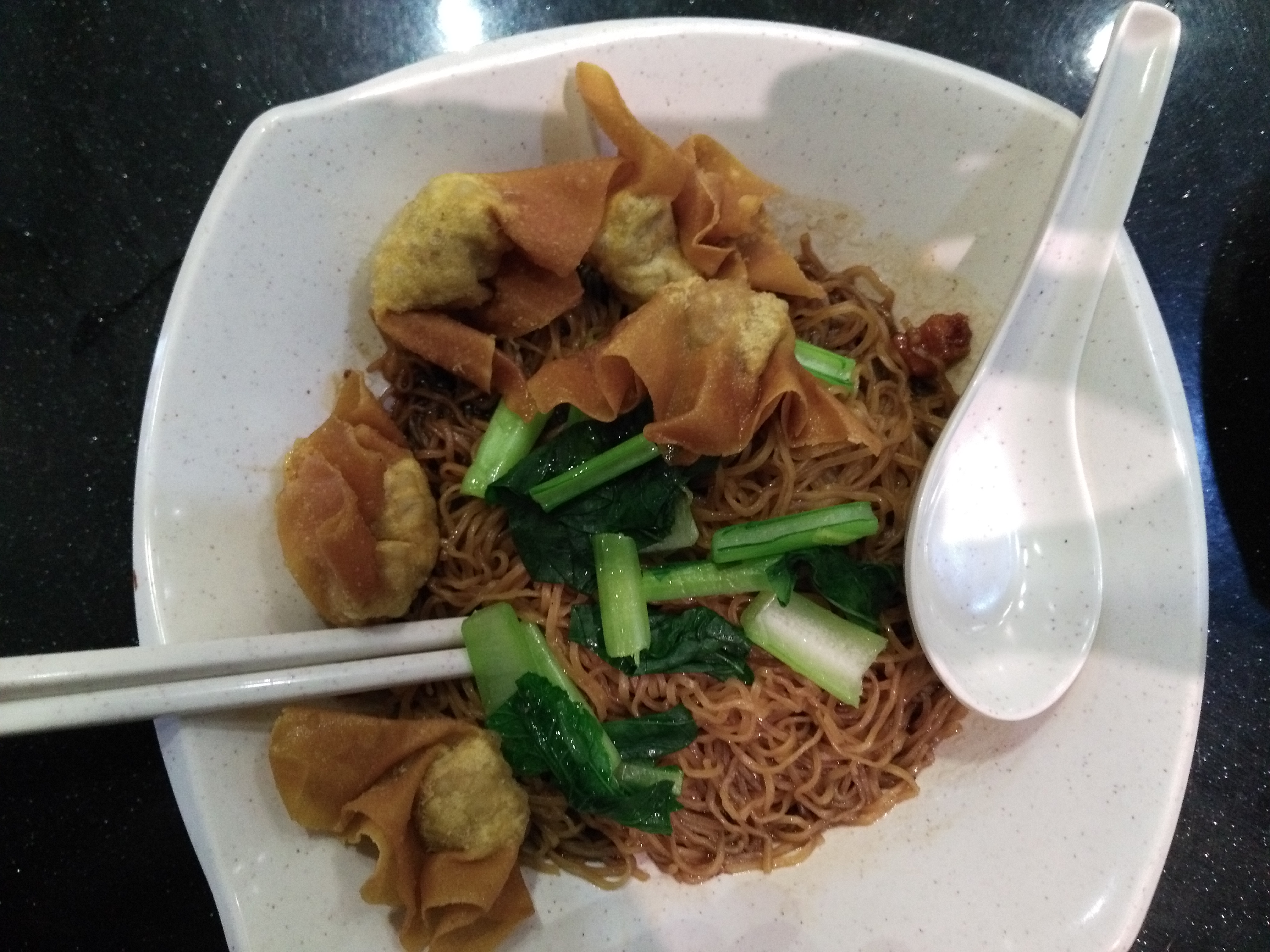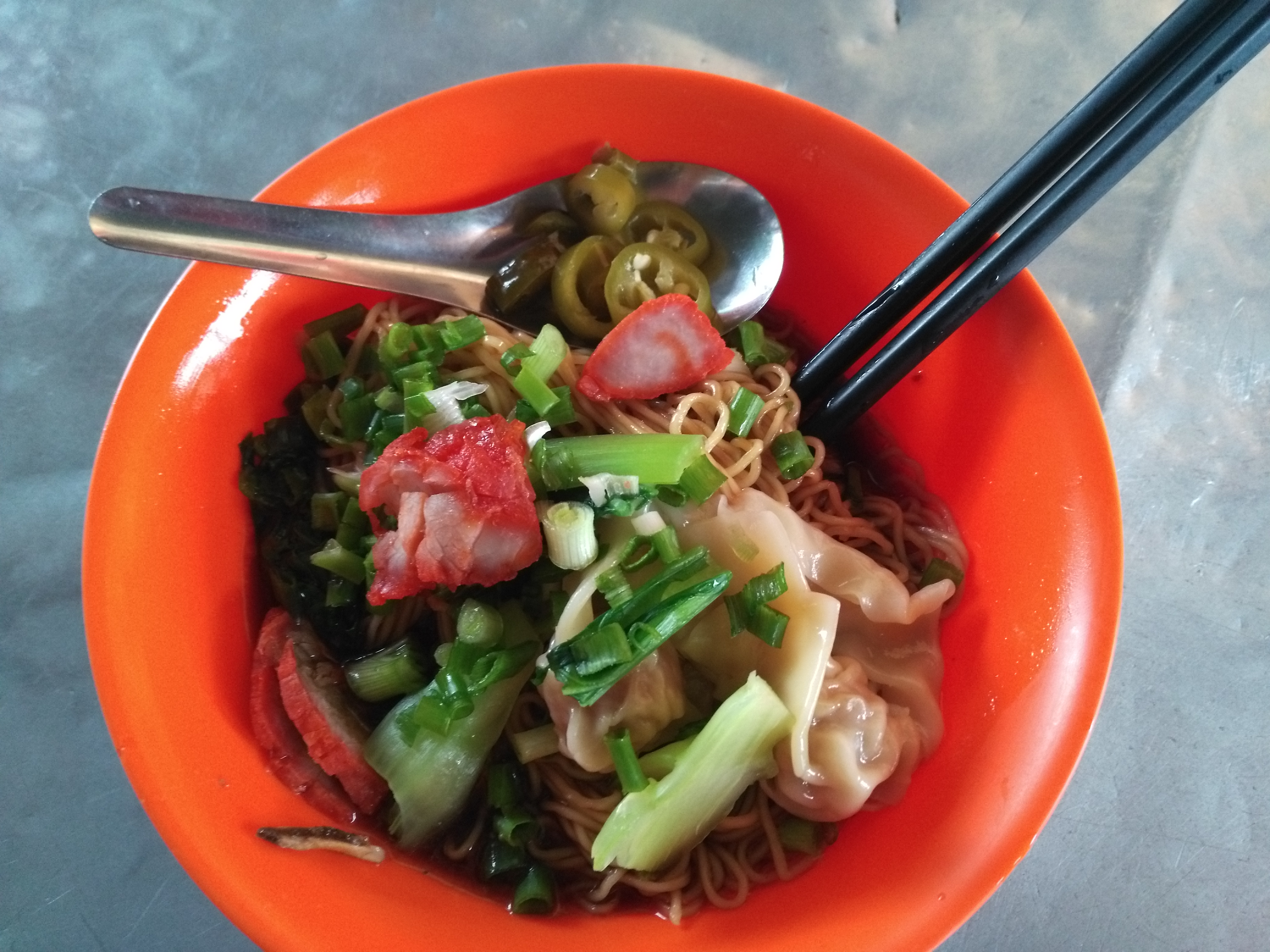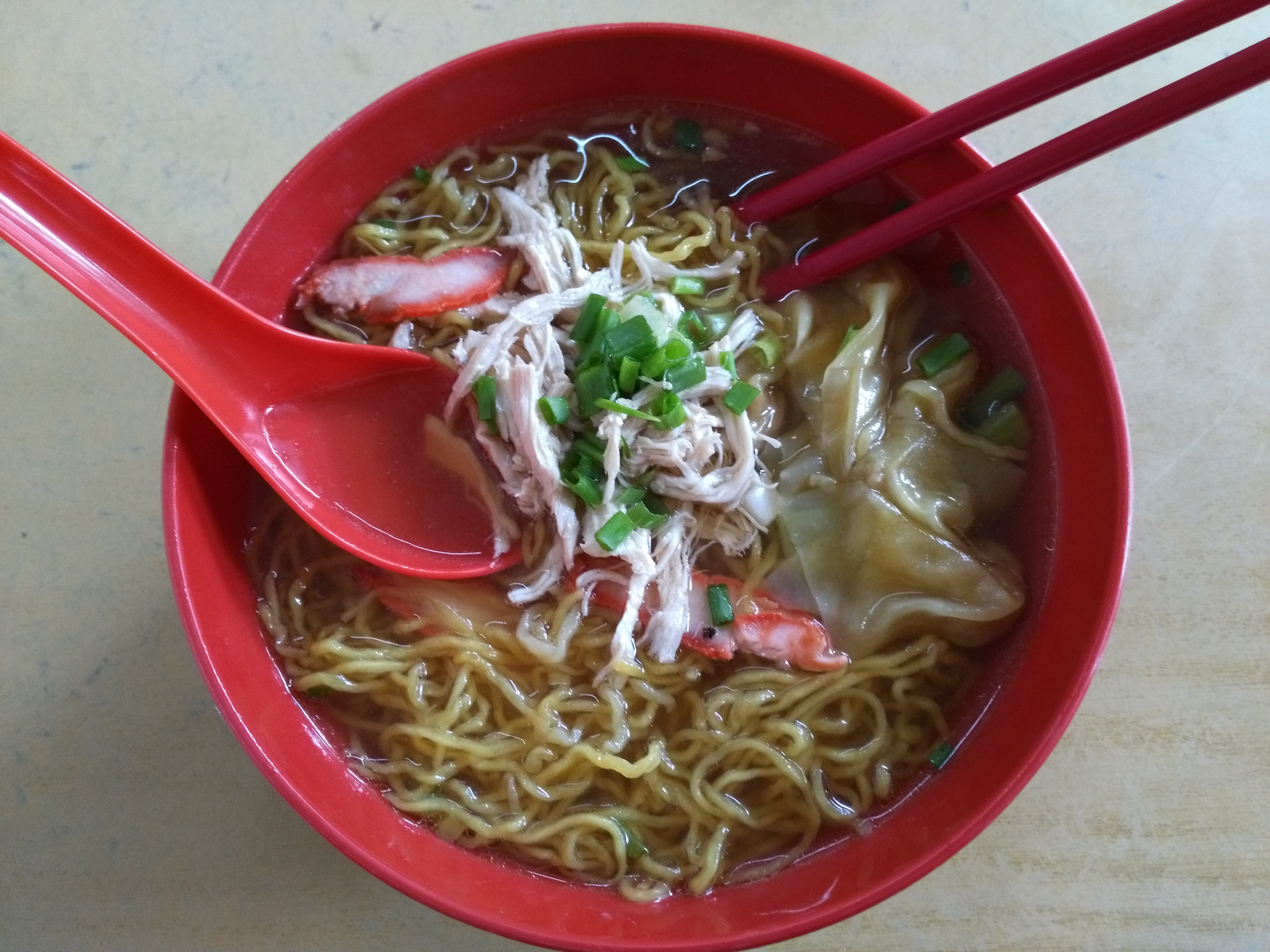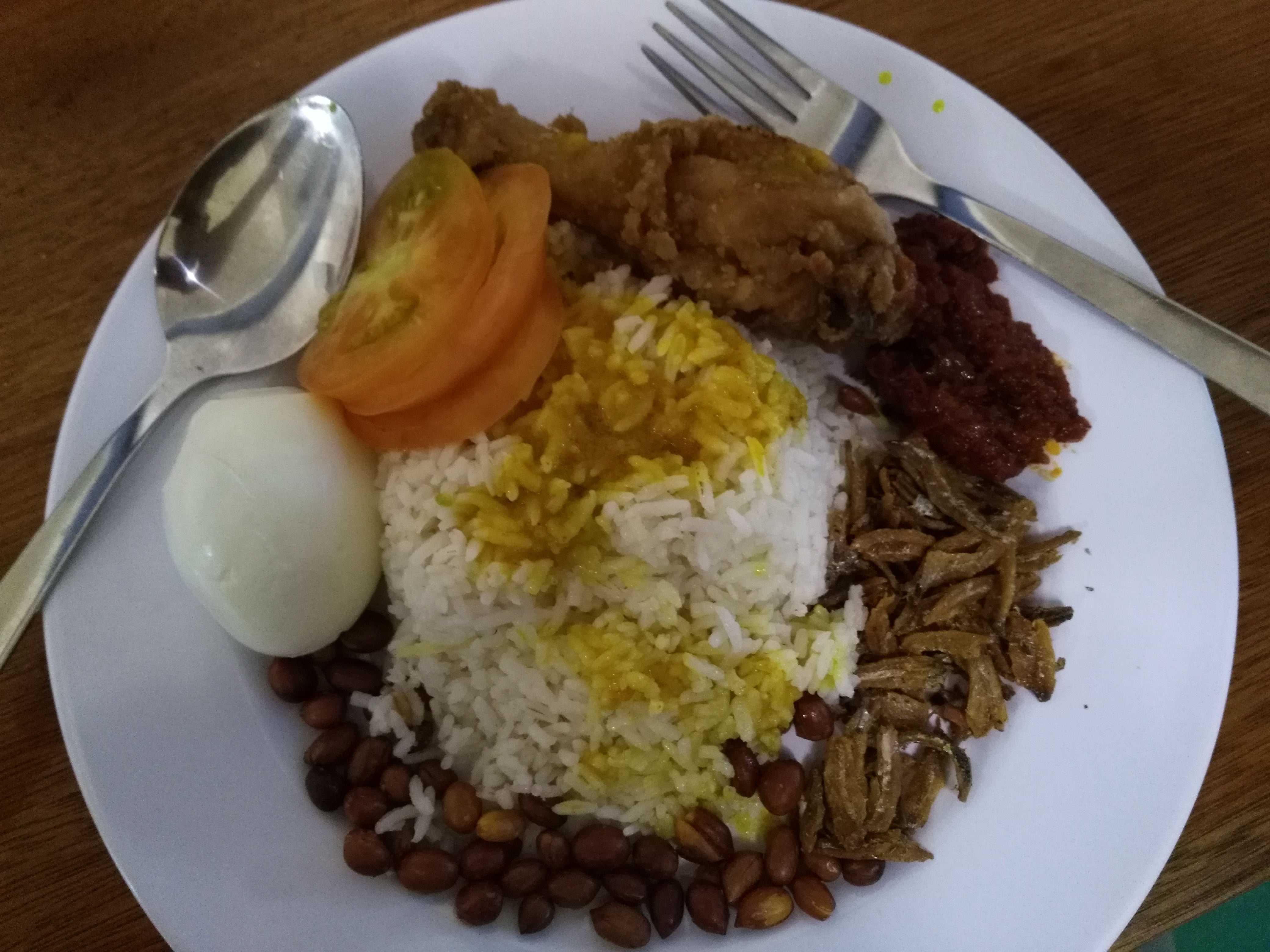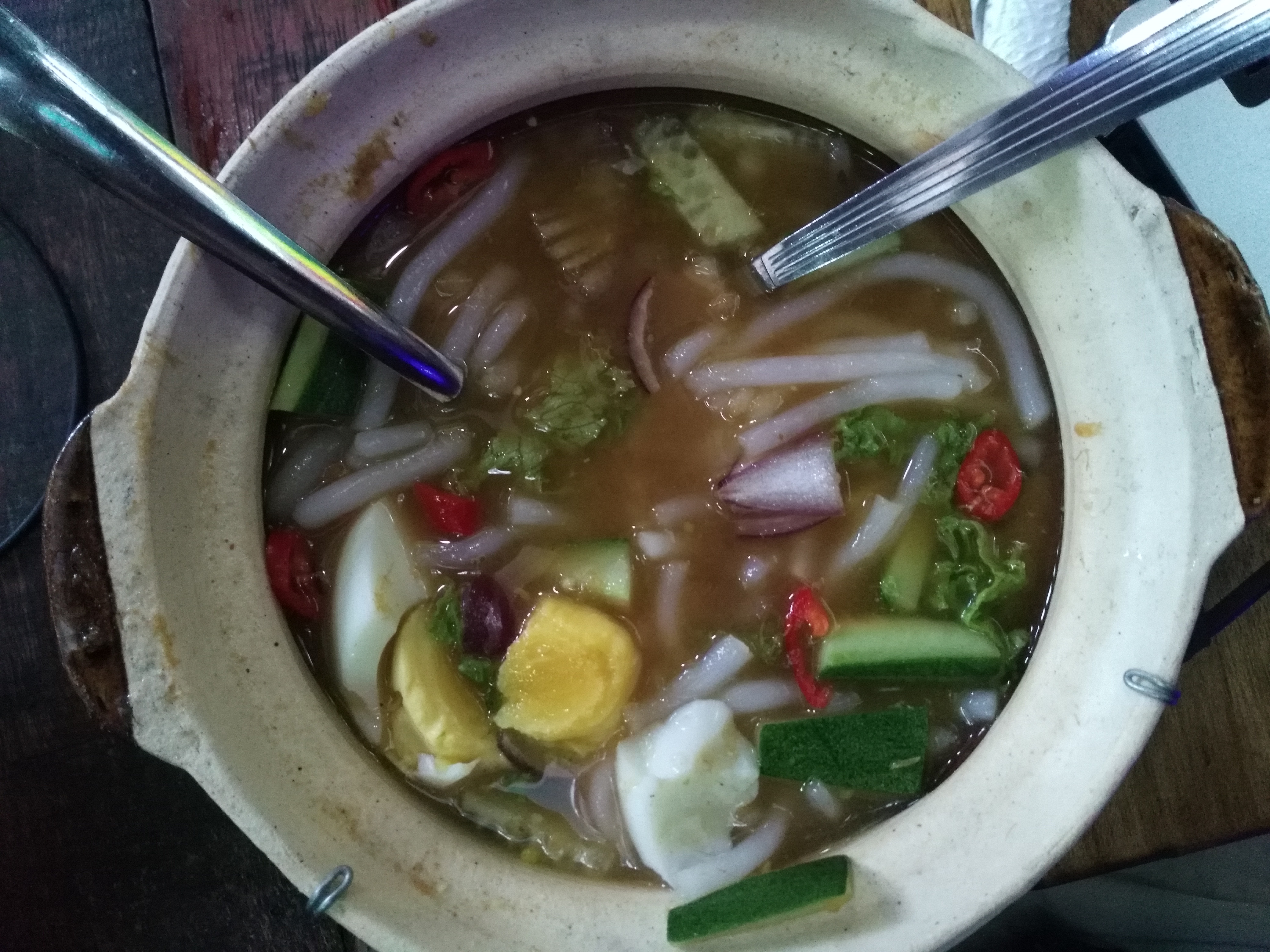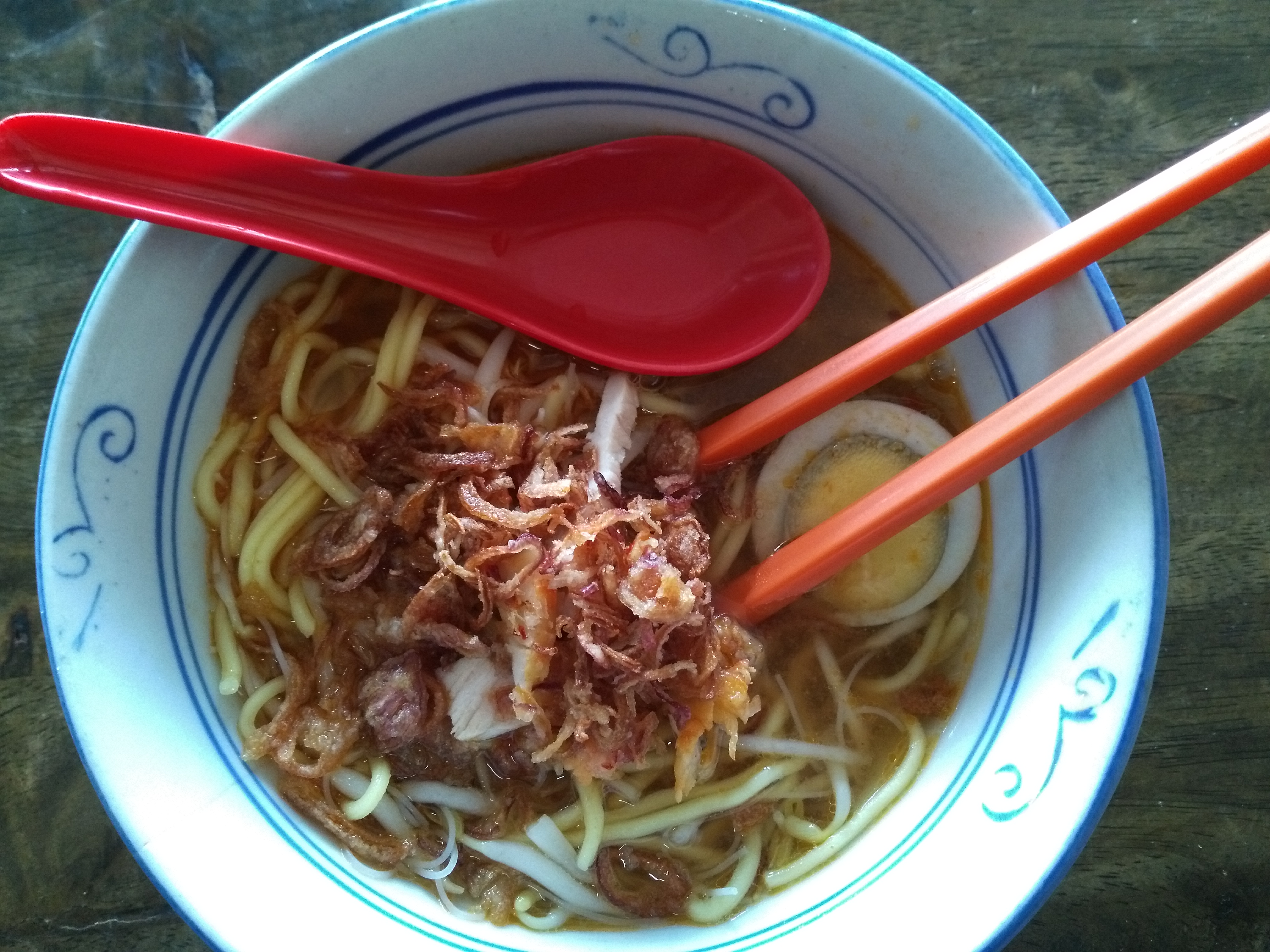Jazzed Out In Penang
03 Dec 2017
Reading time ~12 minutes
The Penang Island Jazz Festival was the cherry on top of my past week in Malaysia. This four-day-long event featured a bunch of local Malaysian artists as well as notable international acts from South Korea, Poland, Indonesia, Germany, Italy, and Norway. Aside from attending the Jazz fest, I completed interviews with a freelance writer, musician/painter, and musician/lecturer.
Interviews
On the Fringes with Rahmat Haron
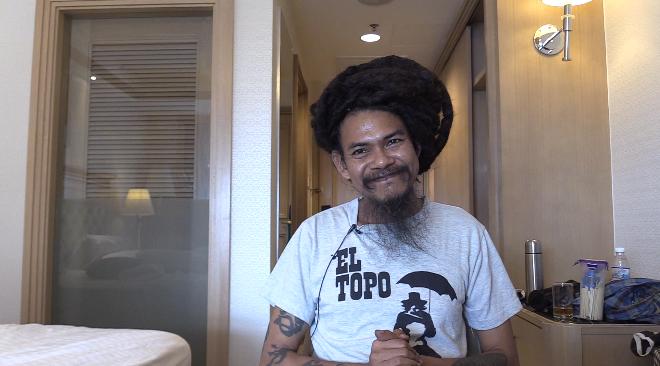
I met artist, writer, poet and freelance journalist Rahmat Haron at the Georgetown Literary Festival last weekend, an event which was chockfull of spot on poets, novelists, journalists, and radio hosts largely tackling contemporary issues in Malaysian society. In addition to his numerous other freelance engagements, Rahmat works part-time as a sub-editor for independent news website Malaysiakini and a columnist for the Malaysiakini Malay Desk.
Born in Johor, Rahmat attended state sponsored religious school in addition to morning secular schooling from a young age. As with others I’ve interviewed who attended religious classes from early childhood, Rahmat studied the Quraan, Arabic language, and various aspects of shariah over the course of several years. He reminded me, however, that not all people born into Muslim families necessarily have even the fundamentals of Islam under their belts. When he left Johor and attended high school in Kuala Lumpur, he recounted to me how many of his newly made friends could neither read the Quran nor pray. As a first year student at the Univeristy of Malaysia, Rahmat became heavily interested in politics, current events, and student activism. With his newfound interests and convictions, he took to writing, poetry, and theater despite his lack of prior experience with or training in any of these fields.
A bullk of my discussion with Rahmat concerned the role that political elites have played and continue to play in the growing “Islamisation” of the Malay World over the past half century or so. Rahmat recounted how non-veiled Malay women were plentiful in Malaysian films of the 70’s and 80’s, while today, the opposite is true. He told me of the routinely frequented bars and ballrooms in the relatively secular Malaysian states in past decades. While today’s religious leaders quabble about theological minutiae, Rahmat told me that prominent Islamic organizations active several decades ago were subersmed in nationalist, leftist, and anti-colonial/anti-neo-colonial discourse such as The Muslim Youth Movement of Malaysia under the leadership of Anwar Ibrahim during the late 70’s and early 80’s. Mr. Ibrahim, having undergone major fallout with Prime Minister Mahathir Mohamed back in the 90’s and a sodomy conviction leading him to imprisonment in 1999, is currently the de-facto leader of the main opposition party in Malaysia, Pakatan Harapan (Alliance of Hope), which is the second largest political coalition in the Malaysian Parliament after the ruling Barisan Nasional coalition. Currently serving a 5-year prison term due to a second sodomy conviction, Anwar Ibrahim’s case and related issues were impetuses for a great deal of activism work that Rahmat engaged in during and immediately after his college years. Rahmat contends that the ruling party’s (UMNO) ability to control Malaysia for the past 60 years has much to do with a reliance on neo-colonial divide-and-rule tactics rooted in race and religion. The same tactics employed by politicians to pit one race over another in the aftermath of racial violence (e.g. 1964 race riots in Singapore and the 13 May 1969 Incident) resonate with politicians’ efforts to divide Malaysian citizenry on matters of religion. Rahmat emphasized how certain government representatives of Islamic parties go on and on about issues such as the implementation of hudud punishments in the national law of Malaysia rather than addressing massive issues in Malaysia such as cronyism, nepotism, and corruption. On subjects such as homosexuality and transgenderism, however, Rahmat told me that religious authorities such as Jakim have dialed down the vitriol of their rhetoric, defaulting to “softer” tactics to deal with such issues as dakwah in the form of charity work for vulnerable individuals in society as opposed to persecuting individuals suspected or convicted of sodomy.
Satria Utama
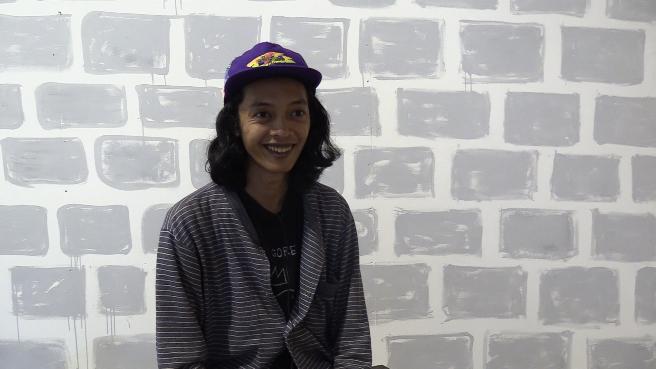
Satria Utama, a full-time visual artist and musician, is exceptional among the people I’ve interviewed on my travels for carving out a living as a full-time artist making it big in both the music and visual art worlds in Malaysia. In addition to the uniqueness of his arts involvements, Satria’s religious background came as somewhat of a surprise to me. His father converted himself from Christianity to Islam while boarding at his aunt’s home in Indonesia during his teenage years, and he settled in Sabah after marrying Satria’s mother there. Growing up, Satria received his general studies at a Christian school and supplementary Islamic studies at a village madrassah. To many religiuous Muslims I know in the United States, it would be rather unthinkable to simultaneously send one’s kids to a madrassah and Christian school. As with Dr. Rima whom I’d interviewed more than a month ago , many Muslim families in the Malay world consider local Christian schools to be of superior quality to local public schools or Islamic schools. Recognizing this distinction is one thing but going against one’s religious biases and sending one’s children to a school representing some other religion is apparently another thing. Satria assured me that this really wasn’t a big deal both for his family and in the eyes of the wider Muslim community in his neighborhood. I suppose this is because all schools in Malaysia, Christian, public, or otherwise, are required to have at least one ustad/ustaza on staff for Muslim students to receive Islamic studies. At public schools, Muslim students must take Islamic lessons while non-Muslim students attend alternative courses in “morality” or the like. In place of Christian lessons at Christian schools, Muslims are provided with lessons in Islamic studies by the ustad(s)/ustaza(s) on staff as mandated by the government of Malaysia. Thus, Satria received good quality primary education and an exposure to Christianity, all while securing his own Islamic knowledge at both his Christian school and local madrassah.
Satria’s involvement in all things audio-visual took root during his teenage years. He developed a knack for punk rock music and skater culture, marvelling at the fresh sounds of extreme music and the awesome album art that accompanied such productions. He studied visual communication (i.e. grahic design) for some time at Academy TV3 of the Malaysian Institute of Integrative Media in Kuala Lumpur, but dropped out before finishing his degree in favor of directly doing audio and camera work for production houses. Up till this point in his life, Satria often went back and forth between immersing himself in visual art/film and sound art/music. Nowadays, he more or less devotes an equal amount of time to either field. Aside from playing percussion in Coma, Satria gravitates towards sound art in the form of loops and ambience. In the realm of visual art, he’s recently experimented with nude, figurative depctions, the responses to which largely depend on where the art in question is displayed and who is viewing it. Foremost, Satria’s own immediate family, in spite of their piousness, takes no issue with his artistic pursuits. Additionally, most people roughly between the ages of 15 and 30, non-Muslim and Muslim alike, can appreciate his nude, figurative depictions because, despite the influence of conservative religious voices that pander otherwise, such people understand that art is art. That is, they realize that art is meant to allow for crossing boundaries and challenging popular sensibilities. Older Muslims and those in less urbanized and cosmopolitan environments would be less likely to harbor this understanding of the arts, particularly with regards to nude, figurative depictions. On top of this work, Satria told me that he liberally taken inspiration from Islam, Christianity, and Buddhism in his artwork, and he conceives of his engagements with sound and visual art potentially as a form of prayer. Satria has never directly had to face oposition to his artwork from such conservative voices either back home in Sabah or in his new home of Penang. He holds on to the notion that people ought to go out of their comfort zones when creating and consuming art, within the limits of one’s own religious ideological boundaries, of course.
Kamal Sabran
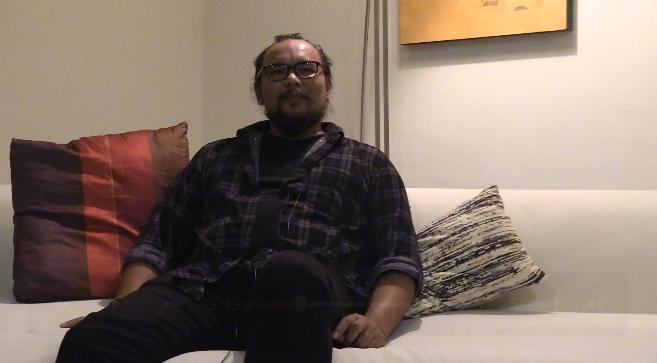
My last interview of the week was with Mohamed Kamal bin Sabran, a lecturer with the Department of New Media, Design, and Technology at Universiti Sains Malaysia (USM) in Penang and member of Space Gambus Experiment. Having immersed himself in rock and punk throughout his youth, Mr. Sabran’s priorities in music making as a young adult shifted towards sound art, experimental music, and improvisation. He studied graphic design for his bachelor’s degree, excited by the expanse of unchartered territory in fusing video and audio, which eventually kindled his interest in film and theater. Thereafter, he earned an MA in new media and a PhD in sound art from Universiti Teknologi MARA Shah Alam (MARA University of Technology in Shah Alam).
Mr. Sabran was born into what he characterized as an open-minded Muslim household. His grandmother was a music afficianado, and his father encouraged his engagements with music, buying him a guitar for his 9th birthday. Alongside a commitment to open-mindedness and modernity in the family, his parents were sure to secure Mr. Sabran’s religious education, which he engaged for thirteen years throughout his childhood. Despite the opinions of some of his extended family members who discourage careers in the arts, Mr. Sabran has had no problem negotiating his Islamic sensibilities with his musical pursuits.
Throughout the course of our interview, I had Mr. Sabran clarify a number of generalizations he made about Islam that I’ve come across rather frequently on my travels. Mr. Sabran’s religious justification for his own professional engagements was foremost the idea that Islam strongly promotes the acquisition of knowledge and understanding, as suggested by several Quranic verses and a number of hadith such as the following:
Say: “My Lord, increase me in knowledge.” (The Quran, Surat Taha, 20:114)
“Seeking knowledge is an obligation upon every Muslim.” (Sahih Hadith of Sunan Ibn Majah 224)
Mr. Sabran held that actively avoiding knowledge is un-Islamic. If Islam is indeed for all people, i.e. a universal/unitarian religion, all Muslims should take it upon themselves to understand as much as possible about other people and other cultures, especially non-Muslims and things outside of the purview of Islam. Certain conservative/orthodox Muslims, on the other hand, are especially fearful of the potential for one to be corrupted or led astray through exposure to various forms and kinds of information. For instance, it is a rather mainstream practice for Muslims to actively stay clear of knowledge, symbolism, and arts belonging to or inspired by belief systems outside of Islam. Especially among devout Muslims, even just visiting Buddhist temples and Catholic churches, for example, is a highly taboo activity. Students completing courses in the Islamic sciences I’ve met on my travels have told me that although they generally have the green light to read all sorts of philosophical works, they have to be especially wary of being exposed to, for instance, popular literature by contempoarary non-theists and anti-theists such as Richard Dawkins or Christopher Hitchens. In response to this, Mr. Sabran would say that as long as one’s imaan (faith) is sufficiently strong, pure knowledge and information should have no bearing on transforming or converting one’s Islamic convictions.
He also reiterated an idea that I’ve come across a number of times, most keenly evident in my interview with Syed Abdul Rahman Alhadad. In brief, Mr. Sabran recongizes that exposure to and engagement in sin can result in a net spiritual benefit, because knowing what is bad in life can strengthen one’s knowledge and pursuit of virtue in life. In this way, Mr. Sabran and other’s I’ve interviewed hold that Islamic precepts are merely guidelines. It’s not only okay but expected for Muslims to transgress boundaries as long as they are resilient and come back to the “straight path”. Mr. Sabran went so far as to charge religious officials at large with an agenda to mold people into being narrow minded, allowing elites to more easily manipulate them to their political advantage. I felt that this last bit was bold, yet tenable.
Mr. Sabran and I also lingered on his assertion that “Islam is freedom.” To this, I retorted that Muslims, either out of their own volition or not, are sometimes limited in what they can and cannot do in the realm of arts production and consumption due to religious convictions and regulations as I’ve documented in my Watson travel blog posts. Mr. Sabran responded that, as a Muslim, he did not consider one’s ability to sin and blaspheme a manifestation of one’s freedom. True freedom, he held, is feeling spiritually grounded in one’s work and daily living. In light of these miscellaneous characterizations of Islam, Mr. Sabran told me that experimental music is especially Islamic in that it encourages a perpetual state of exploration and innovation in artists. Additionally, the kinds of experimental music that Mr. Sabran dabbles in is often devoid of lyrical content and traditional instruments, both of which heavily contribute to controversies surrounding music in the shariah. Lastly, the aims of the kinds of experimental music that Mr. Sabran engages with differs from the aims of much popular forms of music and mainstream films today. While the latter often merely seeks to entertain, the former seeks innovation and enlightenment.
Tasty Treats in Penang
Food from this week was 90% wan tan mee, which is just semi-fancy ramen. Not happiest week for my health, I must admit.
